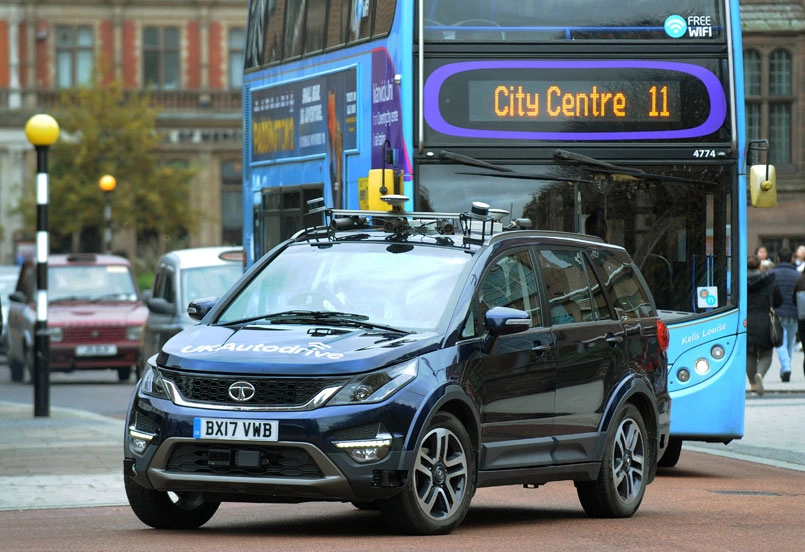Car manufacturers could get a respite after it was revealed that Germany supports calls to postpone tariffs on electric vehicle (EV) sales between the UK and the EU.
UK and mainland manufacturers face the prospect of imposing 10% taxes on new EVs crossing the English Channel from January, under the post-Brexit trade deal agreed between Britain and the bloc in 2020.
However, the German government now backs calls to the European Commission (EC) for a three-year delay on tariffs, the Financial Times reported.
The three-party coalition in the EU’s largest economy has been debating the issue following calls from car manufacturers to postpone the measure, and German Chancellor Olaf Scholz reportedly made the final decision.
UK car manufacturers and Chancellor Rishi Sunak’s government will hope that German intervention will be enough to convince the EC to delay tariffs.
The CEO of Vauxhall, owned by global manufacturer Stellantis, said on Thursday that tariffs could deter consumers from electric cars.
Stellantis, Ford, and JLR, the maker of Jaguars and Land Rovers, have previously criticized the timing of the tariff.
Critics of the changes argue that a rapid introduction of the new rules will undermine Britain and Europe’s efforts to compete with Chinese EV manufacturers.
Under the proposals, car manufacturers will face tariffs unless they have sufficient UK or EU content, adding thousands of pounds to the cost of new cars that do not comply.
The “rules of origin” state that 60% of the value of an electric vehicle’s batteries and 45% of its total parts must come from the EU and the UK to avoid tariffs.
This will prove challenging, as the industry still heavily relies on components for EVs derived from battery “gigafactories” in China.
Efforts to build gigafactories in the UK and Europe have been hampered by disruption during the coronavirus pandemic and its aftermath, making it difficult to secure everything from funding to raw materials.
David Bailey, professor of business economics at the University of Birmingham, said: “The irony is that rules designed to help build an electric vehicle supply chain in Europe could end up harming the same industry they seek to protect by allowing Chinese imports to undercut the UK price.” – and electric vehicles made in the EU.”
The EC has said that “rules of origin are intended to support the EU’s strategic goal of developing a strong and resilient battery value chain in the EU.”
The German move comes amid a thaw in relations between the UK and the EU, exemplified by the UK’s rejoining of the £85bn Horizon Europe research program this week.
The UK EV industry has also been boosted by Tata Group’s promise of £4bn to build a gigafactory in the UK, likely to be in Somerset.
Meanwhile, Vauxhall’s Ellesmere Port factory began production this week in the UK’s first factory dedicated exclusively to producing electric vehicles at scale.
Subscribe to our newsletter to receive the latest information on electromobility in Europe.





